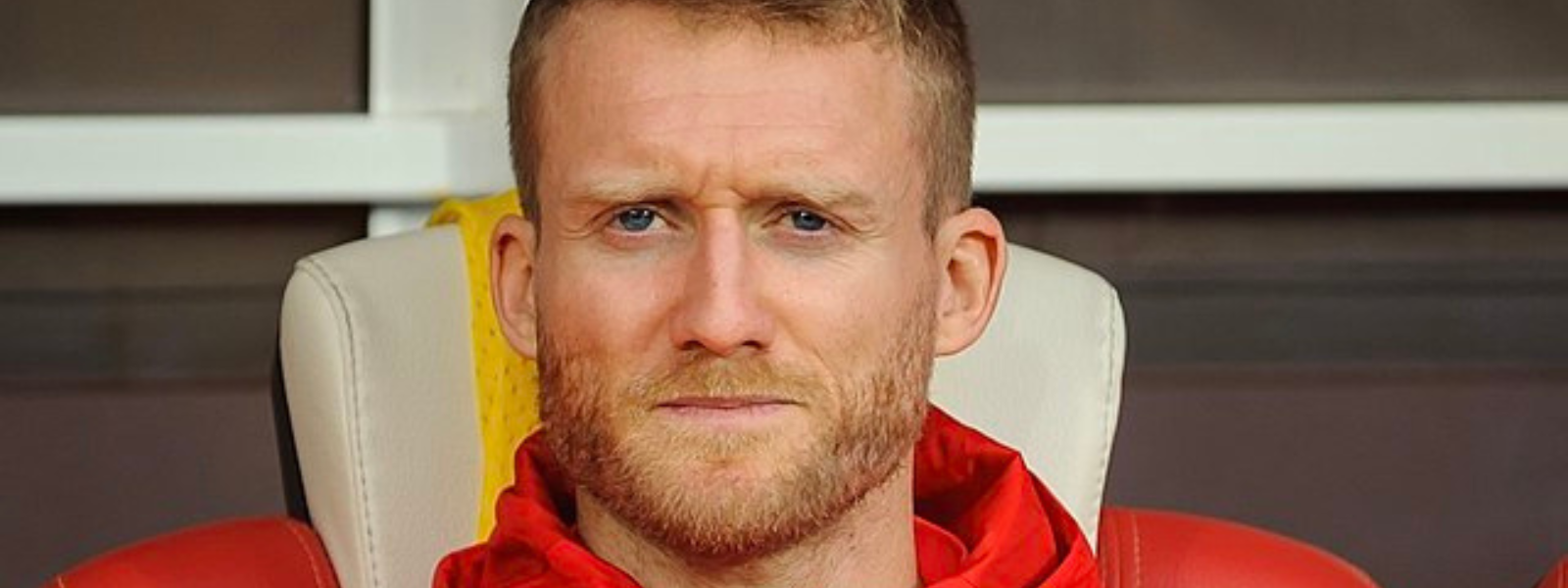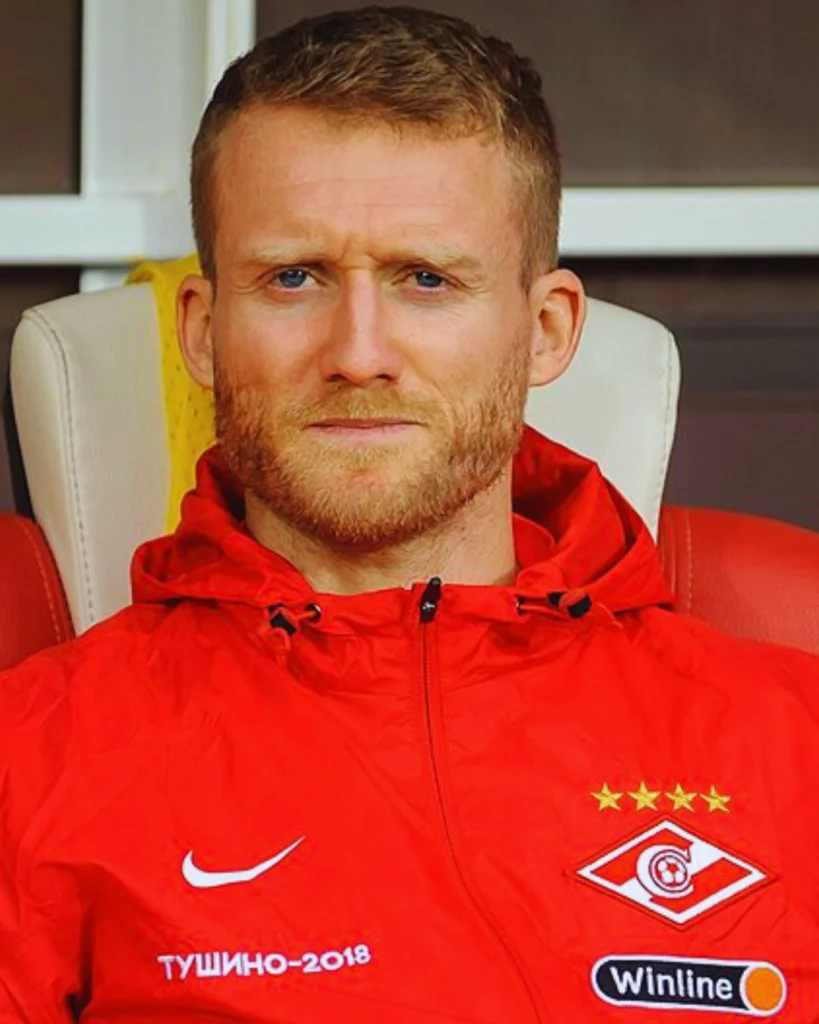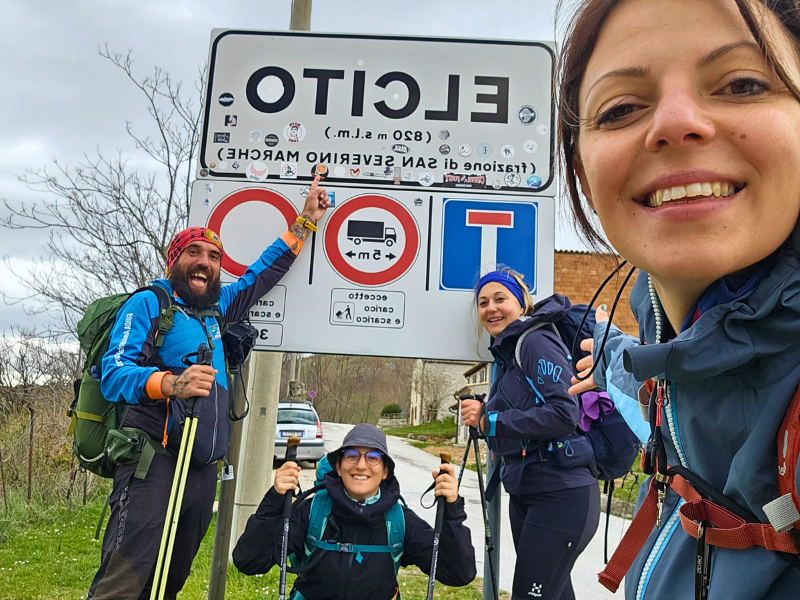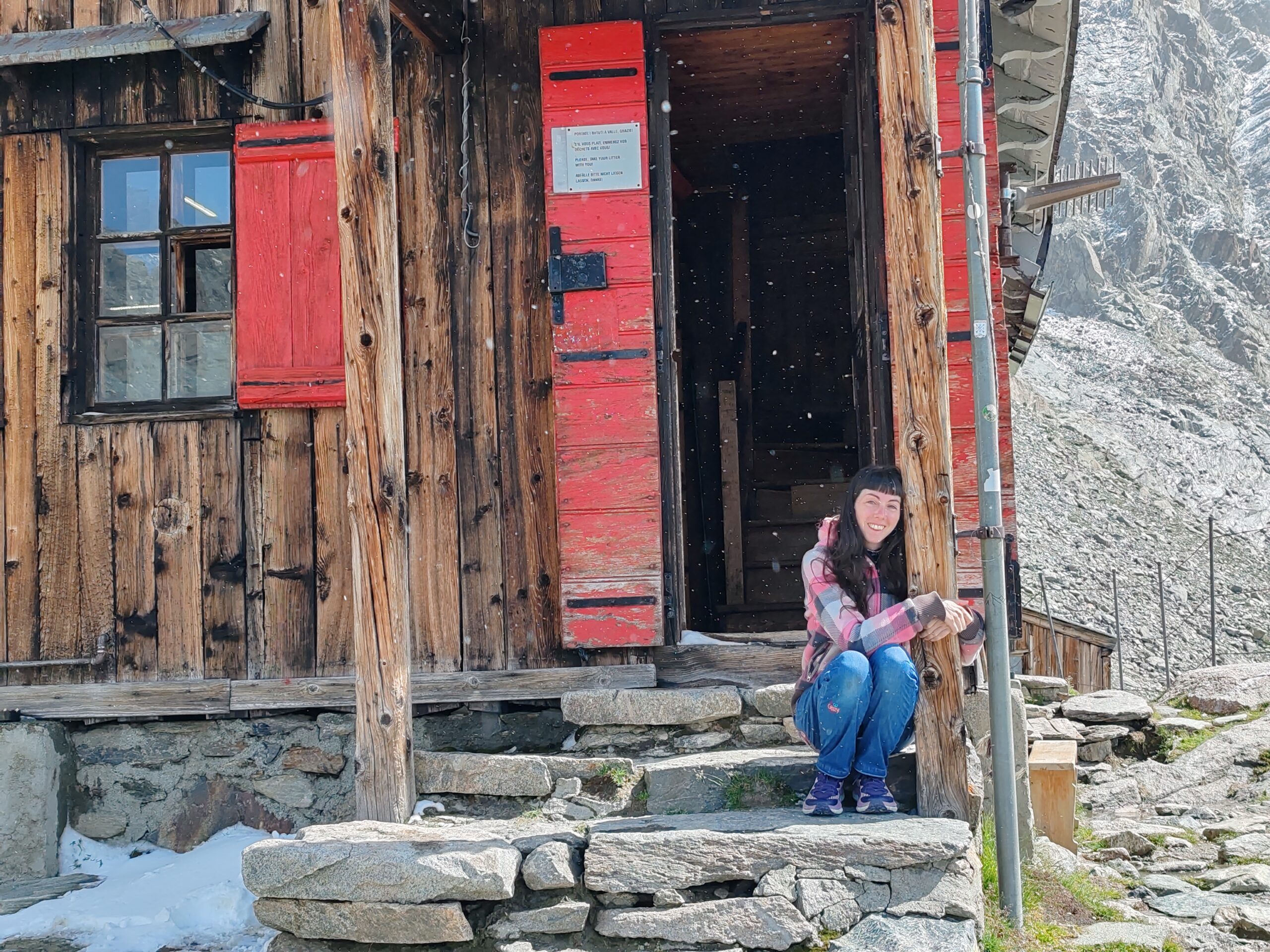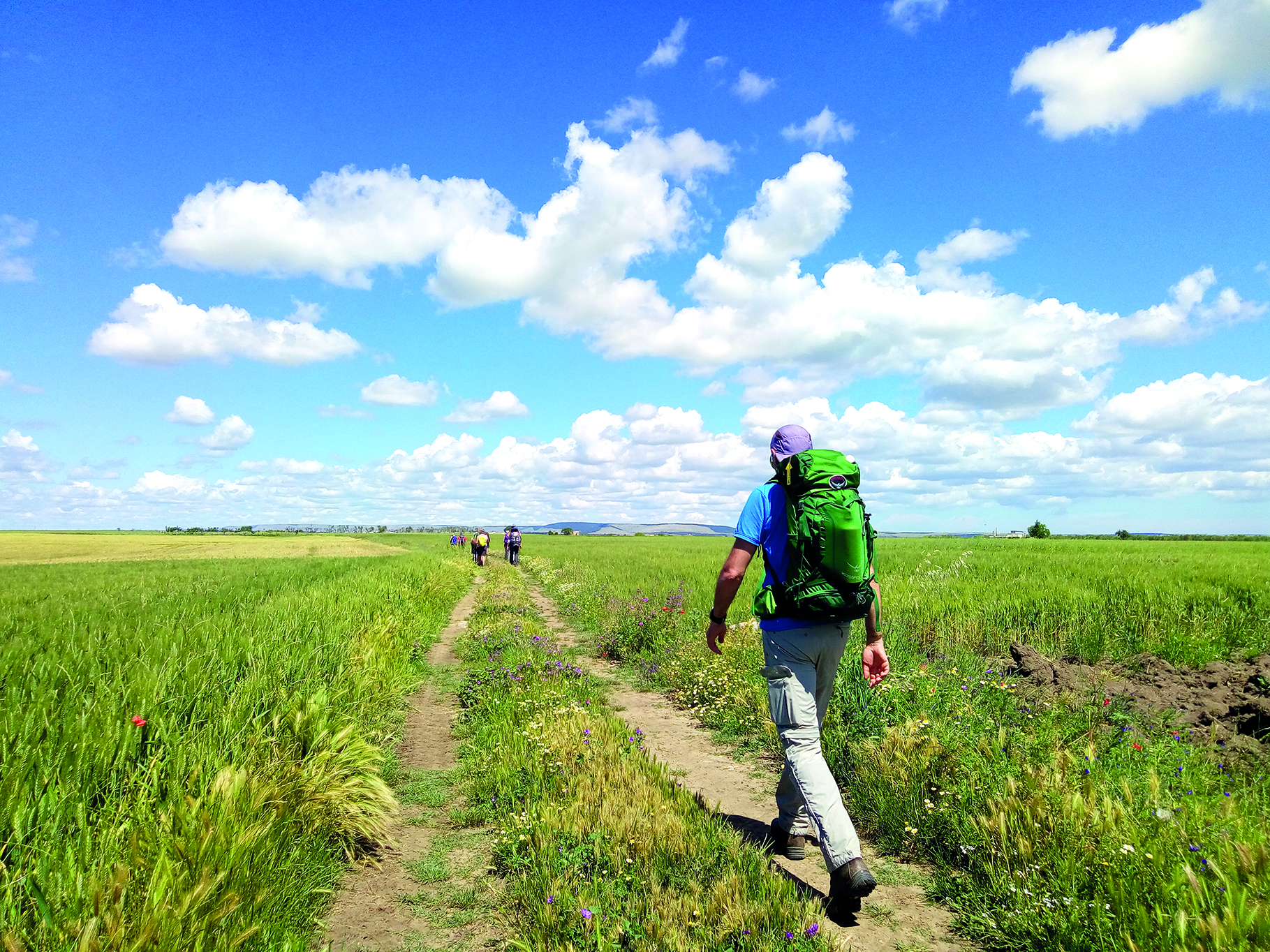It was the night at the Maracanã, and the young German outfielder seemed destined for a legendary career. In the world of soccer, few names are linked to such an iconic moment as that of André Schürrle. His assist for Mario Götze in the 2014 World Cup final gave Germany its fourth world title.
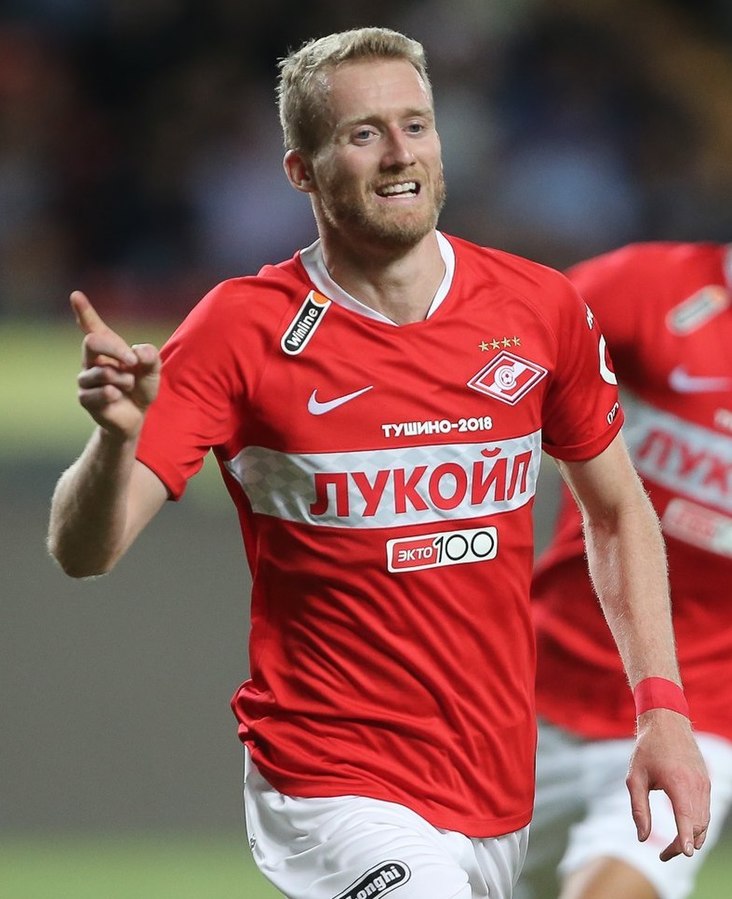
But the story of Schürrle, class of 1990, is not just about glory. It is also the story of radical change, of a fall and a rebirth. It is a story that today is told no longer on soccer fields, but amid snowy forests, extreme marathons, freezing water dives and climbs above 4,000 meters. A story that begins with a ball, but continues on completely different paths.
The beginnings: a crystalline talent
Born Nov. 6, 1990, in Ludwigshafen, Germany, André Schürrle grew up soccer-wise at Mainz 05, where he was noted for his athletic prowess, speed, and ability to score goals from any position. In 2011 came the jump to Bayer Leverkusen, and from there the attention of the big boys was not long in coming.
Chelsea bought him in 2013: with the Blues he won a Premier League, but it was with the national team shirt that André wrote his most indelible page of history.
Brazil 2014: the transition to legend
On July 13, 2014, Schürrle entered the World Cup final against Argentina from the bench. In minute 113, he set off in a progression on the left, skipped past two opponents and served a perfect assist to Mario Götze. Chest stop, volley, goal. Germany is world champion. The image of that pass runs around the globe. It is the consecration.
But sometimes, the highest peak also coincides with the breaking point.
The decline: between injuries, pressures, and an unexpected diagnosis
After the triumph, Schürrle’s career takes a strange turn. Transfers follow one another: back to Germany with Wolfsburg, then Borussia Dortmund, Fulham, Spartak Moscow. Everywhere he brings talent, but something has cracked.
His body begins to break down. He is no longer responsive, not responding to stimuli as before. After examinations, tests, and weeks of frustration, a diagnosis arrives that clarifies much: salmonella.
The debilitating illness keeps him away from the field for months. Even once he has recovered, recovery is slow. And meanwhile, the pressure continues to mount. Injuries, expectations, fear of failure. Soccer, which was once home, begins to become a prison.
In an interview after retirement, Schürrle confesses, “I didn’t want to be just a performance machine anymore.” Life as a professional, he recounts, was about loneliness, incessant criticism, and a constant feeling of emptiness. Something had to change.
The turning point: to say enough, at only 29 years old
In 2020, surprisingly, Schürrle announced his retirement from professional soccer. He is 29 years old. For many it is a shock. But for him it is liberation.
A few months later comes another piece of news that marks his path: he becomes a father. Thus begins a new phase in his life. Schürrle takes time out, devotes himself to his family and, above all, to himself.
During this period he discovered meditation, mindfulness and body care. But the real breakthrough comes almost by accident: watching a YouTube video.
The encounter with the Wim Hof method
The video talks about Wim Hof, also known as “The Iceman.” A Dutchman who has developed a method centered on three pillars: controlled breathing, exposure to cold, and meditation. The goal? To strengthen body and mind, developing physical and psychological resilience.
Schürrle is impressed. He decides to give it a try. He begins with small experiments: immersions in ice-cold water in the bathtub. Then deep breathing exercises.
But it does not stop there.
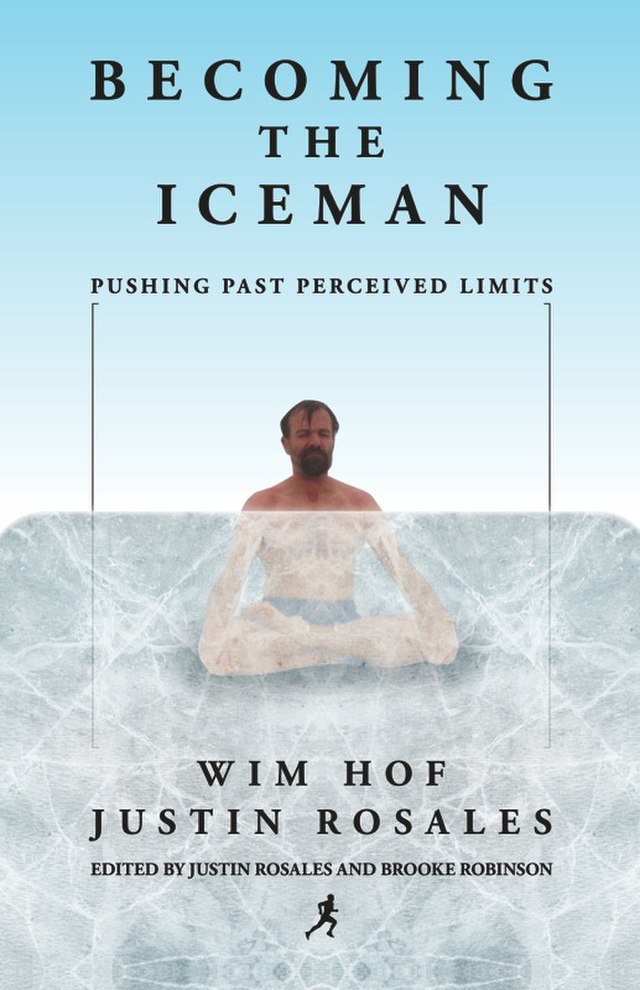
Extreme hiking: in shorts, in -20 degrees.
After months of practice, he joins a retreat led by one of Wim Hof’s instructors. The ordeal is extreme: climbing a mountain in Poland, under a blizzard, with temperatures approaching -20°C. He wears only shorts. No shirt, no jacket. Just his body, his mind and the techniques he learned.
Of course, everything is followed by experts. Vital parameters are constantly monitored. But the gesture is symbolic: his battle is no longer against an external opponent, but against his own limitations.
Physical and mental transformation
Schürrle trains, experiments, documents. He delves into the concept of biohacking, the practice of optimizing the body and mind through conscious choices. He changes nutrition, sleep patterns, daily routines.
Starts running marathons. Participates in an ultratrail in Tuscany. Climbs Alpine peaks – including Gran Paradiso, exceeding 4,000 meters – shirtless. He documents everything with photos and videos, but without the showiness of social media. It’s not show, it’s truth.
And the message that comes through is powerful: You don’t need to be a professional athlete to transform your life. It takes willpower, listening and a pinch of madness .
From the perfect assist to the inner challenge
There is a subtle but profound difference between winning for a team and winning for oneself. In the first case, success is collective, but often experienced in solitude. In the second, achievement is intimate, deep, authentic.
Today, André Schürrle no longer chases titles. He chases after sensations. The connection with nature, the physical challenge, the silence of the mountains, the discipline of breathing.
He has not disowned soccer. On the contrary, he is grateful to it. But he has learned to live without it.
What the story of André Schürrle teaches us.
André Schürrle is neither a tragic hero nor a Zen monk. He is simply a man who decided to change. And in doing so he has demonstrated that:
- Success is not a straight line
You can win a World Cup and quit shortly after. It’s not failure, it’s transformation. - Listening to one’s body is an act of strength
Schürrle understood that health comes before expectations. - The limit is often in the mind
Climbing mountains in shorts at -20°C is not just physical endurance. It is mental mastery. - Every fall can be a departure
Salmonella, injuries, existential crisis. Everything led him to a new life.
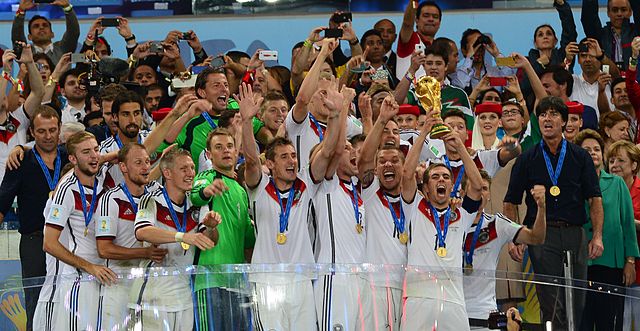
The future? A continuous exploration
Today, no one knows what Schürrle’s next challenge will be. Perhaps an expedition to Iceland, perhaps a new ultramarathon. Perhaps, simply, another day immersed in nature with his family.
What is certain is that he has already accomplished the greatest feat: finding the courage to change course.
If you liked this article, please share it. Perhaps there is someone who needs to know that another way is always possible-even when you have already touched the sky with one finger.
